Back Focal Distance Simulation / Image
Just putting this here because I forget where it is constantly. Now I can just google it.
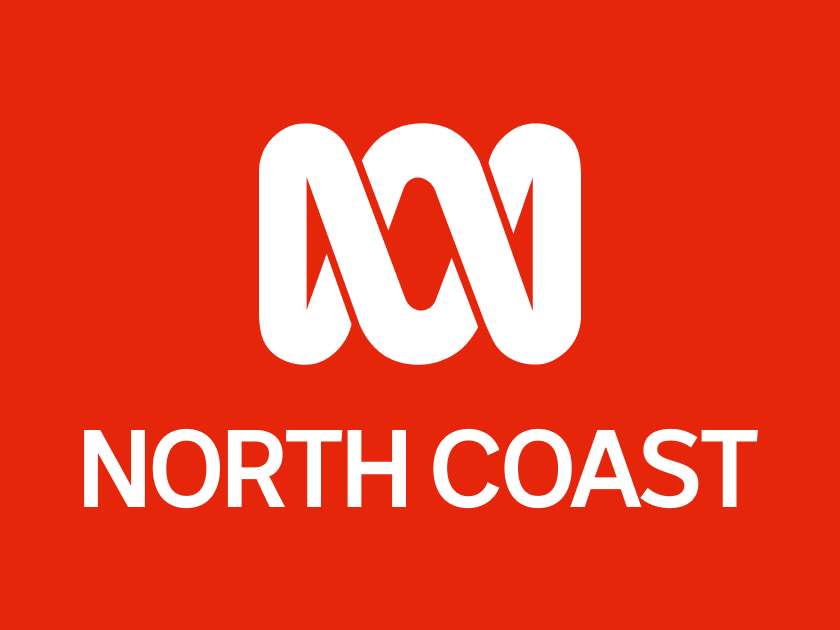
Listen to ABC North Coast radio every Tuesday morning at 6:45am for Space Updates by Dylan O’Donnell
| Planetary Data for today | ||||||||||
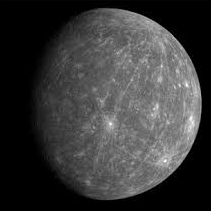 | 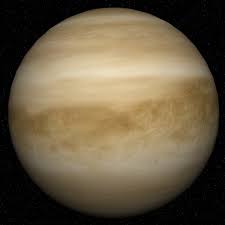 | 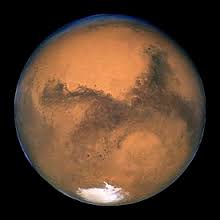 | 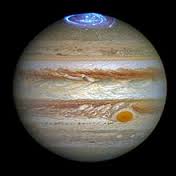 | 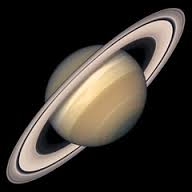 | 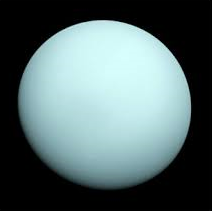 | 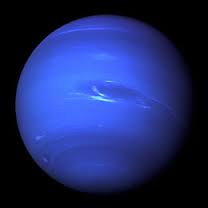 | 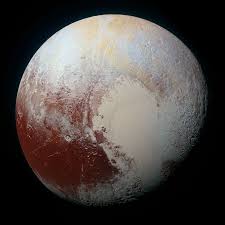 | |||
| Mercury | Venus | Mars | Jupiter | Saturn | Uranus | Neptune | Pluto | |||
| Rises | 08:15 | 03:28 | 09:54 | 06:05 | 22:53 | 03:21 | 22:54 | 18:17 | ||
| Meridian | 13:37 | 08:47 | 15:37 | 11:13 | 04:55 | 08:35 | 04:54 | 01:10 | ||
| Sets | 18:57 | 14:06 | 21:18 | 16:18 | 11:01 | 13:52 | 10:58 | 08:02 | ||
| Constellation | Cancer | Taurus | Leo | Gemini | Pisces | Taurus | Pisces | Capricornus | ||